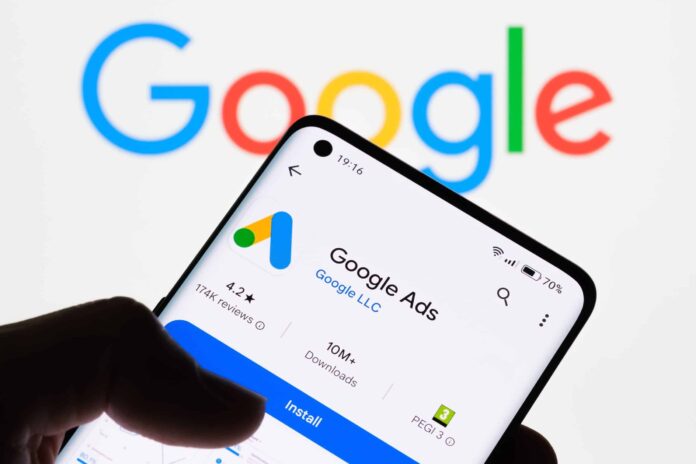B2B marketers using Google Search campaigns now have new visibility into the performance of Google’s latest AI-powered targeting, thanks to the rollout of a dedicated “AI Max” search match type in campaign reporting dashboards.
The update enables advertisers to isolate results driven by AI Max – Google’s newest automated query-matching system – and evaluate its impact separately from traditional match types like exact, phrase, or broad.
What is AI Max?
Originally launched as part of a broader beta in May, AI Max blends broad match logic with real-time signals from creative assets and landing page content. It’s designed to extend campaign reach beyond predefined keyword lists, surfacing search queries that Google Ads’ automation determines to be relevant—even if they weren’t directly targeted.
While this type of expansion can help marketers tap into new demand, it has also raised concerns about cost control and relevance. Until now, it’s been difficult for advertisers to understand exactly how AI Max was performing within campaigns.
Match type-level reporting arrives
With the latest update, advertisers can now segment the Keywords tab in their Google Ads dashboard by “Search terms match type,” allowing them to view AI Max-specific metrics such as return on ad spend (ROAS), cost per acquisition (CPA), cost per click (CPC), and attributed revenue.
This means B2B marketers can finally analyse how AI Max compares to traditional match types—enabling clearer attribution, more accurate benchmarking, and smarter budget allocation.
Why this matters for B2B
For B2B marketers managing high-value sales funnels and limited budgets, visibility into search performance is critical. The addition of AI Max as a standalone match type helps teams determine whether Google Ads’ automation is delivering incremental value or driving up spend without corresponding returns.
By breaking out performance data at this level, marketers can:
-
Evaluate whether AI Max is bringing in high-quality leads or just increasing traffic
-
Identify when to scale AI-powered campaigns or revert to manual controls
-
Build a stronger case for or against further automation in search strategy
A step toward more measurable automation
Google’s move signals a broader effort to increase transparency around automation. While AI Max still operates behind the scenes when it comes to query matching, its recognition as a formal match type suggests Google Ads is responding to advertiser demand for more control and reporting granularity.
As automation becomes more prominent across paid media channels, B2B marketers will need tools like this to maintain accountability and steer performance. With match type-level insights now available, AI-driven search no longer has to be a black box.
The feature is part of an ongoing beta rollout, with advertisers able to opt in or out of AI Max within standard search campaigns. Google says more visibility features are planned as adoption grows.
Want the latest B2B marketing news straight to your inbox? Subscribe to our free weekly newsletter!
Interested in sales, marketing or business skills courses and training? Check out our training partner, Learning Room.


 Whether you want to learn how to use LinkedIn, X or Facebook for marketing, or need to brush up on business skills like leadership, presentation skills or managing meetings, you will find something to enhance your professional skills with these on-demand courses.
Whether you want to learn how to use LinkedIn, X or Facebook for marketing, or need to brush up on business skills like leadership, presentation skills or managing meetings, you will find something to enhance your professional skills with these on-demand courses.